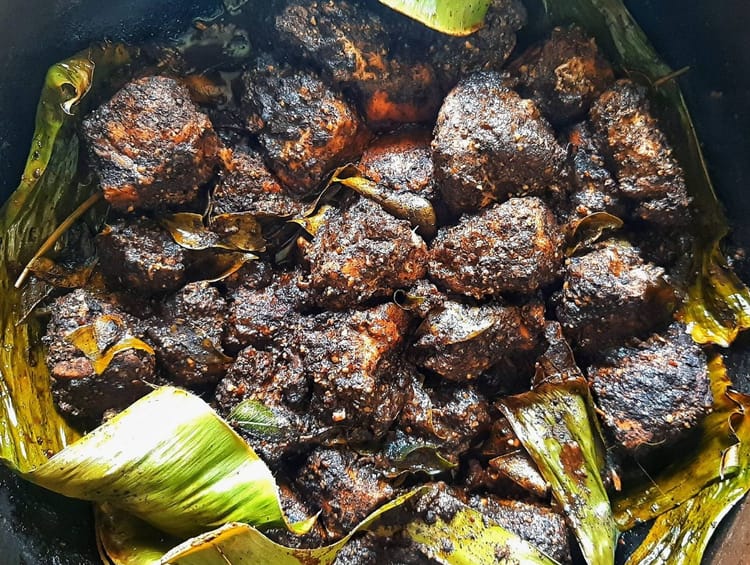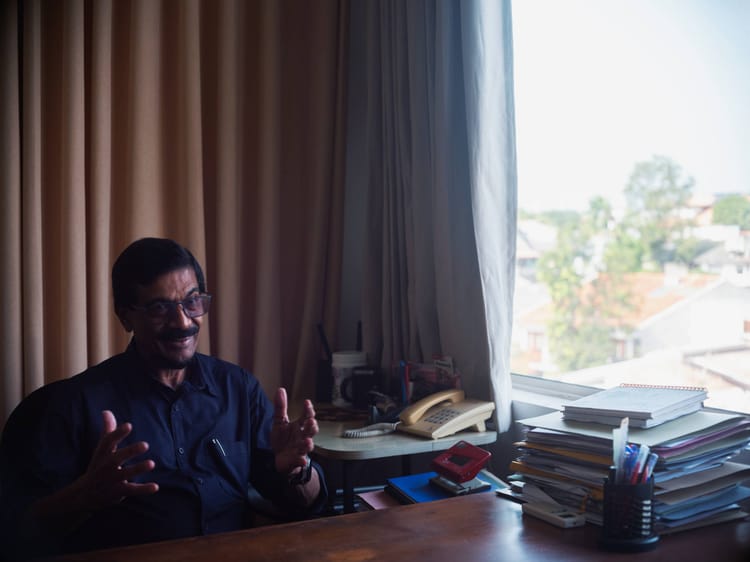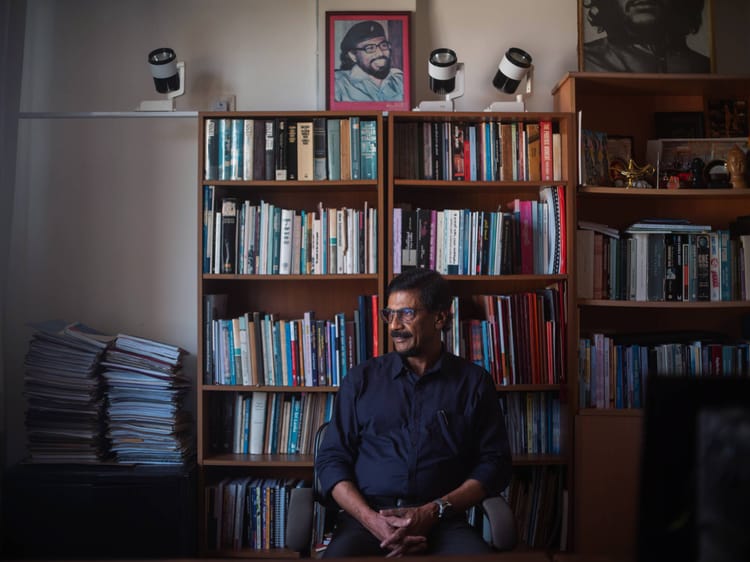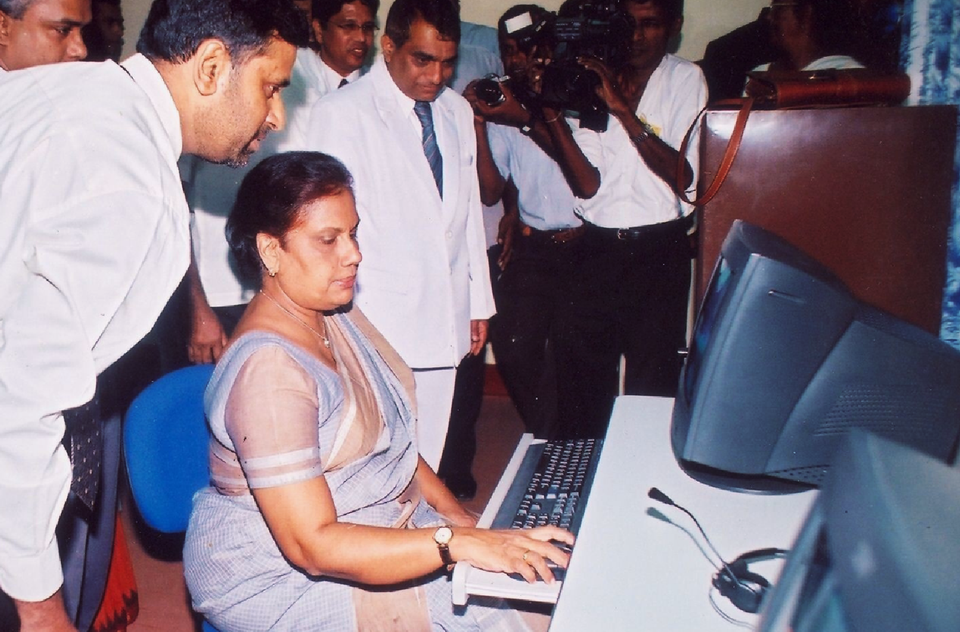
The Examiner has more opinions than it has staff. We maintain unanimity in our facts, not the inferences we draw from them. This examination is no exception.
Chandrika Bandaranaike Kumaratunga ushered in the greatest hope and left us with the greatest disillusion.
Her campaign of ‘War for Peace’ neither ended the war, nor ushered in peace. Early victories, the conquest of Jaffna comes to mind, preceded later defeats like Elephant Pass. Despite pursuing peace with unprecedented fervour, in the final analysis, her peace proposals were unable to carry the south. Chaos ensued: the Katunayake airport bombings sent the economy into a tail-spin.
The executive presidency continued to maraude over the island’s polity and economy. The judiciary too was not spared the executive’s heavy hand: it is yet to fully recover from Sarath Silva’s appointment as Chief Justice. Her government weaponised law to cow the press into submission. Her attorney general’s lawfare harassed the editors of the Ravaya, The Sunday Leader, and The Sunday Times. Bribery, thuggery, and election violence continued to infect the body politic.
She groomed no successor. Nor did she summon the wile to prevent her party, and thus the country, from falling into the Rajapakas’ murderous and rapacious hands.
Yet she is crowned our contest’s victor. Surprisingly, we Examiners, who can barely agree on where to place a comma, swiftly came to consensus — although we arrived at that conclusion via different paths.
She won The Examiner’s laurels as her ledger reads positive for all entries — governance, defence, economics, and reconciliation. And because, on her watch, the island remembered some of its humanity and decency.
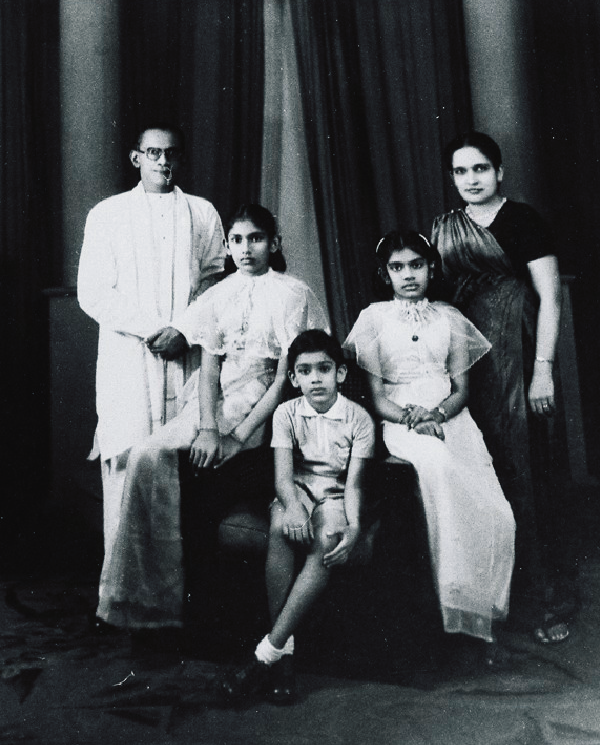
Kumaratunga with two prime ministers, an opposition leader, and Sunethra Bandaranaike. Photo: Government Film Unit
When she left Temple Trees, her childhood home, Sri Lanka’s morality and politics were less mutilated and twisted than when she arrived. Democracy was relatively vibrant. The 17th Amendment introduced independent commissions, clipping the powers of Sri Lanka’s apex leader for the first time since independence. It was also the embryo from which the landmark 19th Amendment emerged.
Progress was not only institutional. Culture changed, for the better. Although the press was still muzzled, it was the freest it had been in decades, especially after criminal defamation was repealed during the UNP-SLFP cohabitation. The Sunday Leader published unbowed and unafraid. And though largely toothless, her bribery commission has become the now vigorous CIABOC.
War for peace
On the military front, she did not vanquish the Tigers, or the grievances that fueled their movement. But she did lay the foundations for the LTTE’s eventual extinction.
Insurgencies require people, guns, and money. Capturing Jaffna, the North-East’s urban core, deprived the Tigers of a primary source of men and material. Her handpicked foreign minister, Lakshman Kadirgamar, was the man for the job. He delivered the brief entrusted to him — cutting-off the LTTE’s financial supply lines. Three years into office, the LTTE was banned by the US. Britain soon followed.
Civil-military relations improved. Jaffna was recaptured without some of the indiscriminate bloodshed of past operations, like the Vadamarachchi Operation. As a result, civilians were more forthcoming with information. Richer raw intelligence flowed into a higher capability intelligence system reformed by her main military man, Lionel Balagalle. She later appointed him army commander.
In general, inter-ethnic relations improved. To date, she is widely regarded as the only Sinhalese leader who sacrificed political capital in an attempt to bring about a political solution to the national question. She tried to build understanding between the communities, highlighting the distinction between the grievances of the Tamil people and atrocities of the LTTE.
The Sudu Nelum and Thawalama communication campaigns deployed all modes of persuasion, from seminars to street dramas. They remain the only systematic attempts to bring the minority’s perspectives to the majority population.
As Kumaratunga often observes, when she took office less than a quarter of Sinhalese believed in a negotiated settlement. Two years later, she claims, a new opinion survey showed that this number had increased to 68 percent.
The Union of Regions proposal, carefully constructed by Neelan Thiruchelvam and G.L. Peiris is to date the furthest-reaching attempt to bring a political settlement. It was the furthest any government had gone in sharing power with the minorities. Paikiasothy Saravanamuttu, from the Centre for Policy Alternatives, described the proposals as “federalism in all but name.”
However, the intransigence of the Tigers and security failures, especially the bombing of the Temple of the Tooth, meant these efforts came to naught.
No to dirigisme
Unlike in politics, the economy she inherited was broadly in good shape. In the early 1990s the garments industry boomed and structural reform gathered momentum. Premadasa privatised many state-owned enterprises, including plantation management, and rationalised tariffs.

